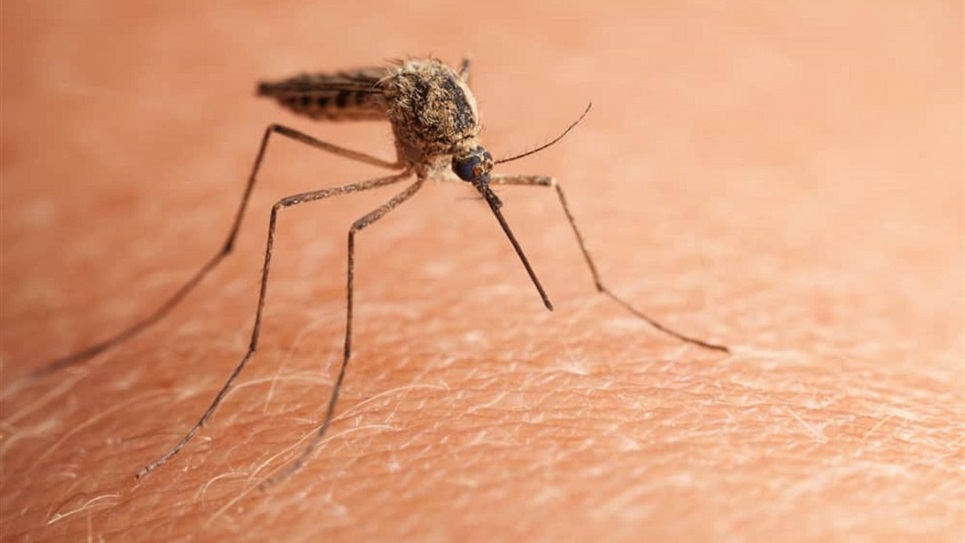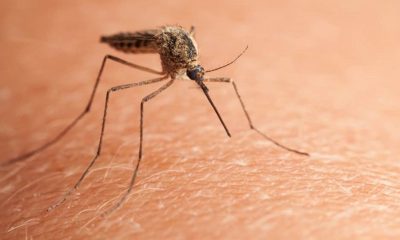Trending
Concern rises as West Nile virus incidences spike in Dallas
In a concerning update, the Dallas County Department of Health and Human Services reports a significant increase in cases of the West Nile virus. This year has seen 19 confirmed cases, with a notable rise in the past month alone. The first case was documented in July.
Documents available on the department’s website show that 15 out of the 19 individuals, or 79%, are suffering from West Nile neuroinvasive disease, a severe form of the virus affecting neurological functions. Tragically, two of these cases have resulted in death.
Most of these cases are centered in Dallas, with 16 out of 19 cases originating there. Additionally, Irving and Grand Prairie reported two and one cases, respectively, according to Dallas Metro News. Within Dallas, areas like Lake Highlands and Lakewood are of specific interest, especially in ZIP codes 75231 and 75243, each having two cases.
Mosquito testing in Lake Highlands and Lakewood has also confirmed the presence of the virus in ZIP codes 75214, 75238, and 75243. A detailed list of affected ZIP codes is available on the DCHHS website.
In comparison, there were only three reported human cases in 2022. Christian Grisales, a spokesperson for the department, speculates that this year’s increase might be due to various factors, with the predominant being increased outdoor activities. This surge is likely a result of relaxed pandemic restrictions, combined with reduced usage of insect repellents.
“As people are returning to the new normal and going back to enjoying outdoor activities, that’s probably the reason why we’re seeing more cases,” Grisales mentioned, as covered by Community Impact.
With the arrival of cooler temperatures, mosquito activity is expected to rise. Grisales advises residents to be vigilant, not only in avoiding bites but also in monitoring potential symptoms.
“We want people to know that if you have a mosquito bite, you should monitor your symptoms, and if you need to seek medical attention, do so immediately,” he stressed. “It’s not something to ignore.”
The West Nile virus is primarily transmitted through mosquito bites, but there are rare instances where it can spread through blood transfusions, organ transplants, and from mother to child during pregnancy or breastfeeding. According to the CDC, only one in five individuals shows symptoms, which can range from mild to severe. The typical incubation period is three to fourteen days.
The virus is more prevalent in warm and humid months, aligning with increased mosquito activity. Unfortunately, no specific vaccine or treatment is available yet, though symptomatic relief can be achieved.
To combat this health challenge, DCHHS suggests following the ‘Four D’s’:
- DEET: Use repellents containing DEET or EPA-approved formulas when outdoors.
- Dress: Wear long, loose, and light-colored clothing.
- Drain: Eliminate stagnant water to prevent mosquito breeding.
- Dawn and Dusk: Reduce outdoor activities during peak mosquito times.
By following these measures, the community can play a vital role in curtailing the spread of this threat.
“Mosquitos aren’t going anywhere—they’re going to be around,” Grisales pointed out. “What we can do to prevent mosquito bites is what will make a difference.”



















